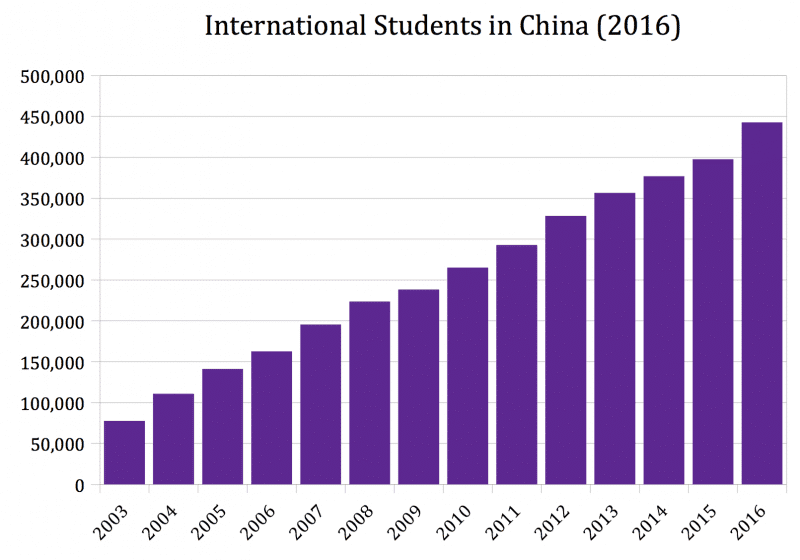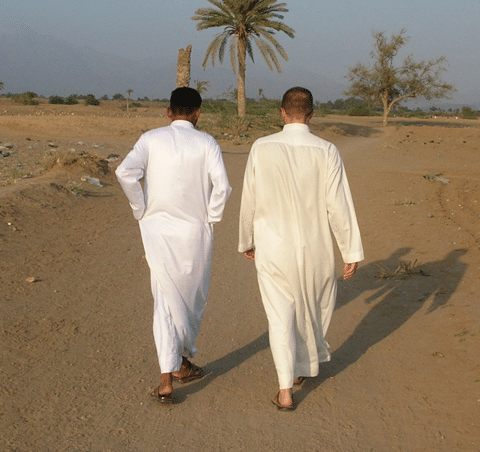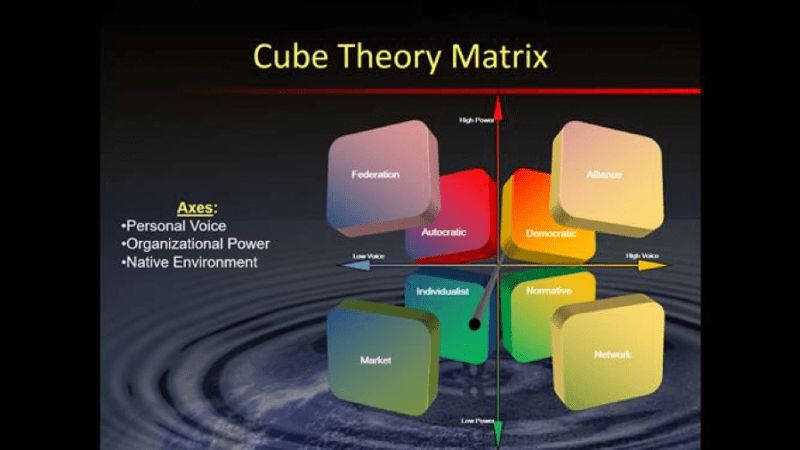Related Articles
International Students in China: Who Will Reach This Vast and Strategic Yet Invisible Group?
Wearing her hijab, “Mounia” from Yemen heard the gospel and felt the love of God in our international church because of her Rwandan classmate’s invitation and her husband’s permission. Without Arabic or visa for Yemen, instead of flying to Sana’a, we walked two meters to welcome her. From a country with 0.03% evangelicals, could she take the gospel back home?
The W-Spectrum: Worker Paradigms in Muslim Contexts
While significant progress has been made in evangelical missiology on general contextualization, and much debate has swirled around the degree to which a Muslim-background believer can remain an “insider,” less attention has been placed on workers’ practices—and the connection to their view of Islam. Hence, in this article we seek to augment the overall dialogue by focusing on the worker.
Leading Mission Movements
We live in an unprecedented period of mission history. The new paradigm of “from anywhere to everywhere” is by nature complex, resulting in an increasing need to partner with others for effective ministry. The challenge of connecting with potential partners in the global context is best done in and through the evolving world of networks.
Unsung Heroes
In this section, we honor seventeen individuals for their faithfulness in ministry.
Mobilizing God’s People for God’s Mission
In December 2015, more than two hundred forty leaders involved in mission mobilization from more than thirty countries gathered in Nairobi, Kenya for the second Global Mobilization Consultation (GMC). To better welcome many different kinds and styles of mobilization and mobilizers, this paper was written before the event in order to provide a simple but clear idea of mission, along with a broad, descriptive definition of mobilization emerging from scripture and practice. Leaders from several countries worked together to produce this paper, with some modifications made at the event. The lead author was Steven C. Hawthorne.




